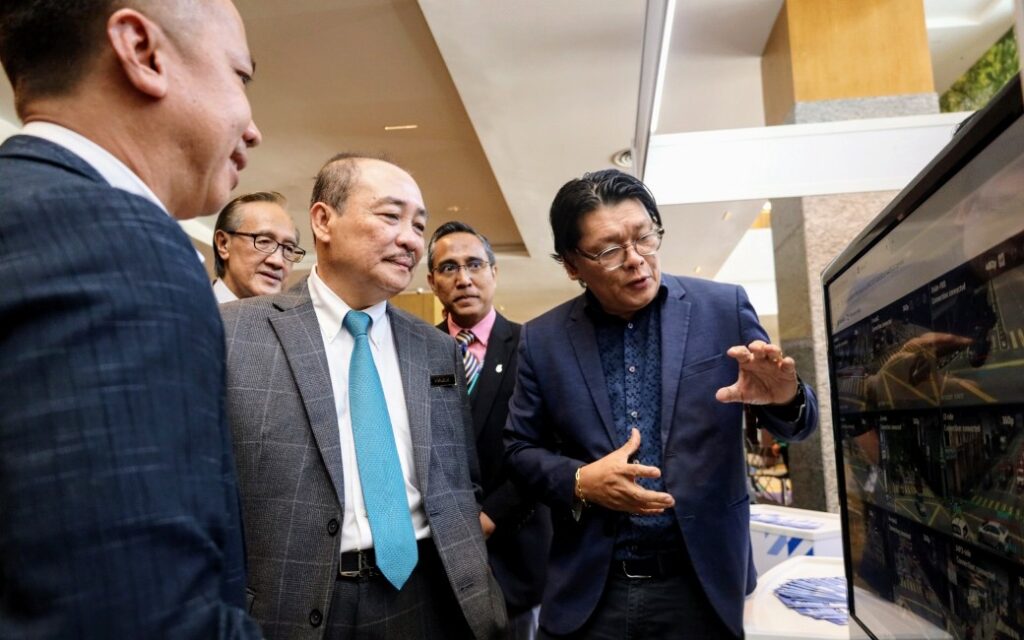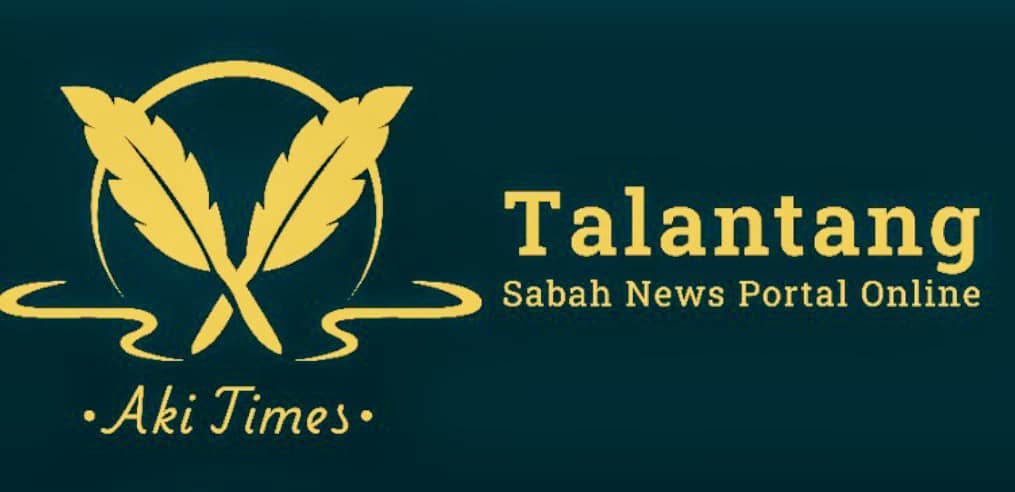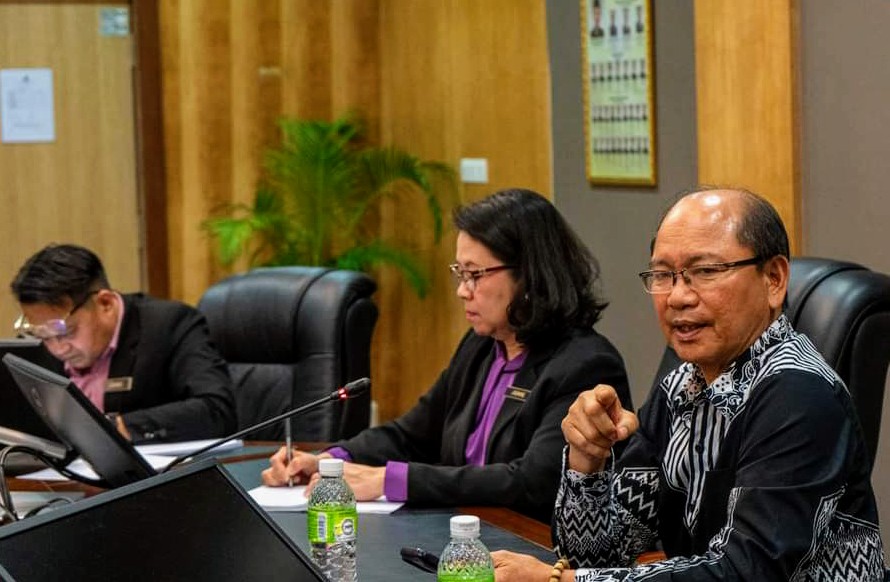Chief Minister Datuk Seri Panglima Haji Hajiji Haji Noor observing the Robo Dog at the Petrosains booth

Chief Minister Datuk Seri Panglima Haji Hajiji Haji Noor receiving a memento from Petronas Chairman Tan Sri Mohd Bakke Salleh.
KOTA KINABALU: Chief Minister Datuk Seri Panglima Haji Hajiji Haji Noor said Sabah’s record revenue of RM7 billion last year has made it among the top six states contributing to Malaysia’s 2023 Gross Domestic Product (GDP).
He said figures released by the Statistics Department of Malaysia (DOSM) in July showed that Sabah contributed 5.5 per cent to the nation’s GDP last year.
“Together with Selangor, Federal Territory of Kuala Lumpur, Johor, Sarawak and Penang, we contributed 73 per cent to the national economy.
“Just last year, we received RM11.34 billion in investments, the seventh-highest in Malaysia, with 13.3 per cent garnered from the manufacturing sector,” he said at the Eighth World Engineering, Science and Technology Congress (ESTCON) at the Sabah International Convention Centre (SICC) here today.
Organised by Universiti Teknologi Petronas (UTP) and PETRONAS, Sabah is hosting ESTCON for the first time with over 1,000 participants from twenty five countries.

Chief Minister Datuk Seri Panglima Haji Hajiji Haji Noor visiting one of the booths at ESTCON2024
Meanwhile, Hajiji said Sabah must have quality tertiary education institutions to provide excellent Science, Technology, Engineering and Mathematics (STEM)-related qualifications for Sabah students as the State Government has set a target of at least 40 per cent of its school students enrolled in science stream by next year.
The state government knows it is important that quality tertiary education is available for our young.
More so in this day and age, where science and technology are the main driving forces of progress, it is important that a substantial part of the student population in Sabah are into STEM education.
“The state Science, Technology and Innovation Ministry has put in place the 2022-2025 Strategic Plan as a guide to implement various programmes and initiatives to empower the science, technology, innovation and economy (STIE) ecosystem in Sabah,” he said
The Chief Minister said that on the digitalisation initiatives, Sabah is pursuing its vision of a thriving digital economy, pushing to accelerate digital transformation initiatives in Sabah.
“In November of last year, we signed an agreement with Huawei Technologies Malaysia at the Huawei Headquarters in Shenzhen, China, aimed at empowering our state and its citizens to reap the benefits of technological innovation, fostering economic growth and improved public services.
“This will be in agriculture, smart manufacturing under Industry 4.0, tourism, smart city planning, e-commerce, digital infrastructure, inclusive connectivity and digital government.
This collaborative effort would include the implementation of digital services that are AI-ready and data-centric for government, businesses and the community,” he said.
Hajiji said that, under the Hala Tuju Sabah Maju Jaya initiative, the State Government rolled out the Digital Internet of Things (IoT) Sandbox in 2022 as part of the development roadmap.
“It provided a safe environment for digital entrepreneurs and innovators to create their products and test their feasibility. We see the transformative power of digital technology in sectors like agriculture, mining, and tourism,” he said.
Hajiji also said Sabah is investing heavily in the energy sector, which has encompassed traditional sources like fossil fuels and emerging renewable options like solar and wind energy.
“By investing in the energy sector, we will ensure a reliable power supply while also contributing to a more sustainable energy future.
While oil and gas will provide an important revenue stream for the state, the focus will be on renewables such as solar and storage technologies, hydro, geothermal, and carbon market opportunities in Sabah,” he said.
The Chief Minister assured that Sabah will continue to develop essential energy infrastructure, managing resources to sustain growth.
“The Sabah Energy Roadmap and Master Plan 2040 (Sabah Energy RAMP 2040), which I launched last year, will strategically guide our future. But its success will require the full support of both public and private stakeholders to steer Sabah towards a greener, more sustainable future,” he said.





